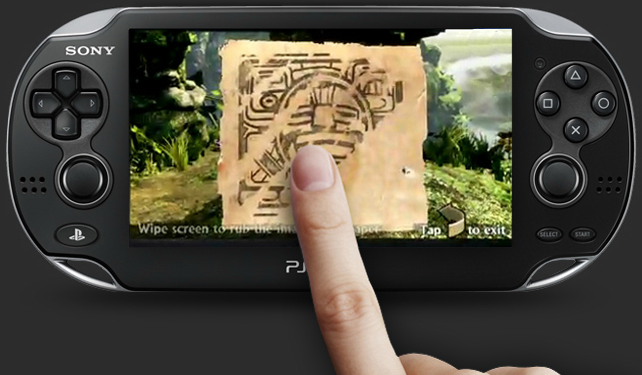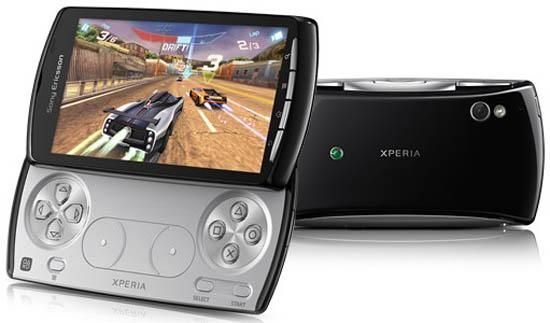This post has not been edited by the GamesBeat staff. Opinions by GamesBeat community writers do not necessarily reflect those of the staff.

PlayStation Vita should be a phone. After all, we now have the ability to provide the same visual quality on a device meant primarily for calling people, and the Sony Xperia Play smartphone and PSP Go have both given good blueprints of how buttons could be added to a device without compromising its other functions.
So why didn’t the Vita phone happen? I believe Sony still plans to make it happen. It simply makes too much sense. The realities of the video game industry led to the Vita serving as a necessary steppingstone on the path toward a phone/portable console, however. Let me explain.
The Vita makes little sense as a product, and former Sony executive Richard Browne’s recent comments in a GamesIndustry International piece summarize this point with a damning amount of lucidity. The handheld doesn’t fill a reliable niche. And it’s too big to be truly portable. It sits in the same space as Apple’s iPad, which has found a home on sofas worldwide. The Vita, meanwhile, doesn’t really let you do anything you couldn’t already do on your couch.
Let’s consider the gaming market for a moment in all its eccentric glory. We have an ecosystem based on hardware investments. You don’t buy a console knowing what you’re going to use it for over its lifetime. Sure, you might have a few games that you want to get your mitts on, but, for the most part, you’re buying a system based on an expectation that more and more titles will be released for you to buy and play.
This means every console purchase carries an element of risk. Your investment in a PlayStation 2 might give you 10 years of quality releases while an equally valid Sega Dreamcast purchase might be less fruitful (comparatively speaking of course).
Hardware manufacturers know this and accept this as a reality of the business, but I believe that mobile-phone operators are far more suspicious of the whole practice. These operators have a good idea of how much revenue will be generated from each phone sale and ensuing contract, and this gives them a great deal of certainty in their business.
Now, picture Sony trying to pitch their PlayStation Phone to these companies.
“It’s going to be a very capable device, packed to the brim with state-of-the-art technology. We’ve got dozens of first-party studios working on games for it, but lots of these titles will be out months after the actual phone comes out. People might buy it to play the launch lineup, but they’ll probably be mostly looking at what’s coming along down the line, and if the future looks bleak, these players won’t jump in. All the technology in the world can’t guarantee good titles, and if people don’t buy the handheld, then developers won’t take it seriously. Hey guys … guys? Where are you going?”
Suddenly the whole process seems a lot more risky doesn’t it?
So what can Sony do to tip the odds in its favor? The prospect of a library already filled with dozens of critically acclaimed offerings would help decrease the risk for phone conglomerates. Sony needs modern games, titles that can wow potential buyers with their visuals alone.
This is where the Vita comes in.
The Vita serves two purposes as a step toward a true PlayStation Phone. First, it acts as a hardware prototype. Now that the technology is in mass production, it can only get cheaper and smaller. More important, the Vita gives developers something to produce modern-looking experiences for, which would then be playable on a future phone hybrid.

I believe that a similar compromise led to the release of the Xperia Play. By drawing upon the thousands of games already available on Google’s Android operating system, Sony was able to speak in terms that phone carriers were able to understand. Not in terms of potential future releases but in terms of games that were available when the phone would launch.
This article includes a lot of speculation, but its initial premise is a sound one. The PlayStation Phone would do wonders for Sony’s handheld share, and with its recent acquisition of Sony Ericsson, the Japanese giant has the means to do it. The gaming industry is a unique beast, however, which makes things difficult when the mobile-phone industry gets involved. The Vita might seem to be flailing in the water, but a long-term strategy like the one discussed here would make the device worthwhile.
If none of my speculation holds true, then the Vita might well have just been pushed out to die.
